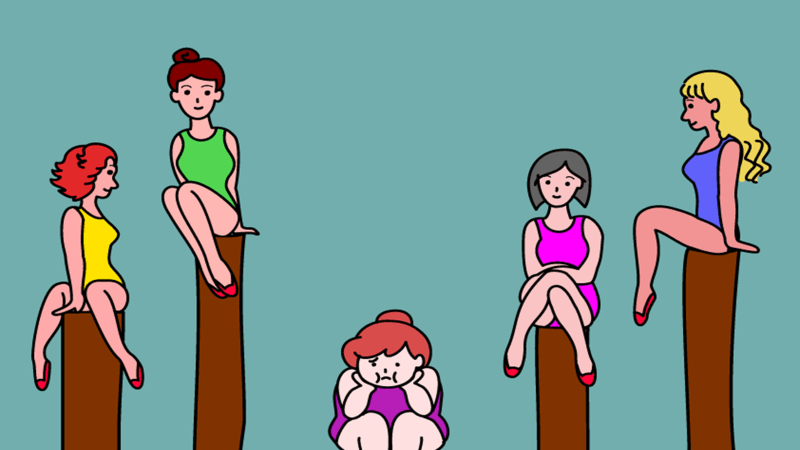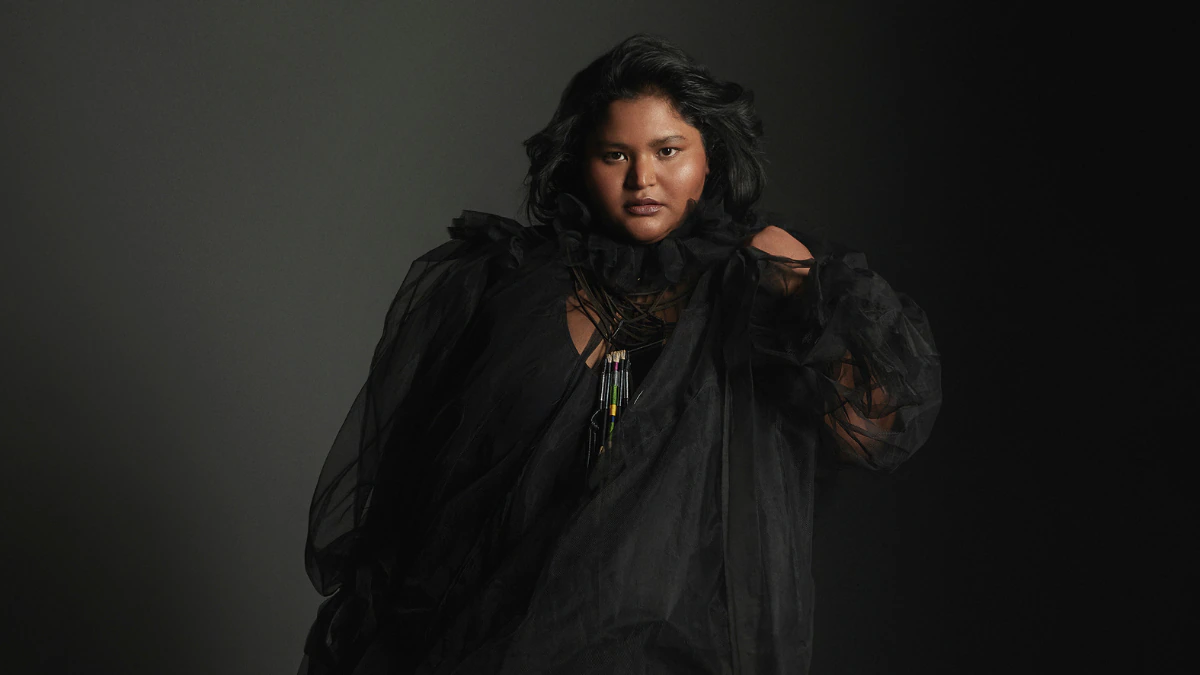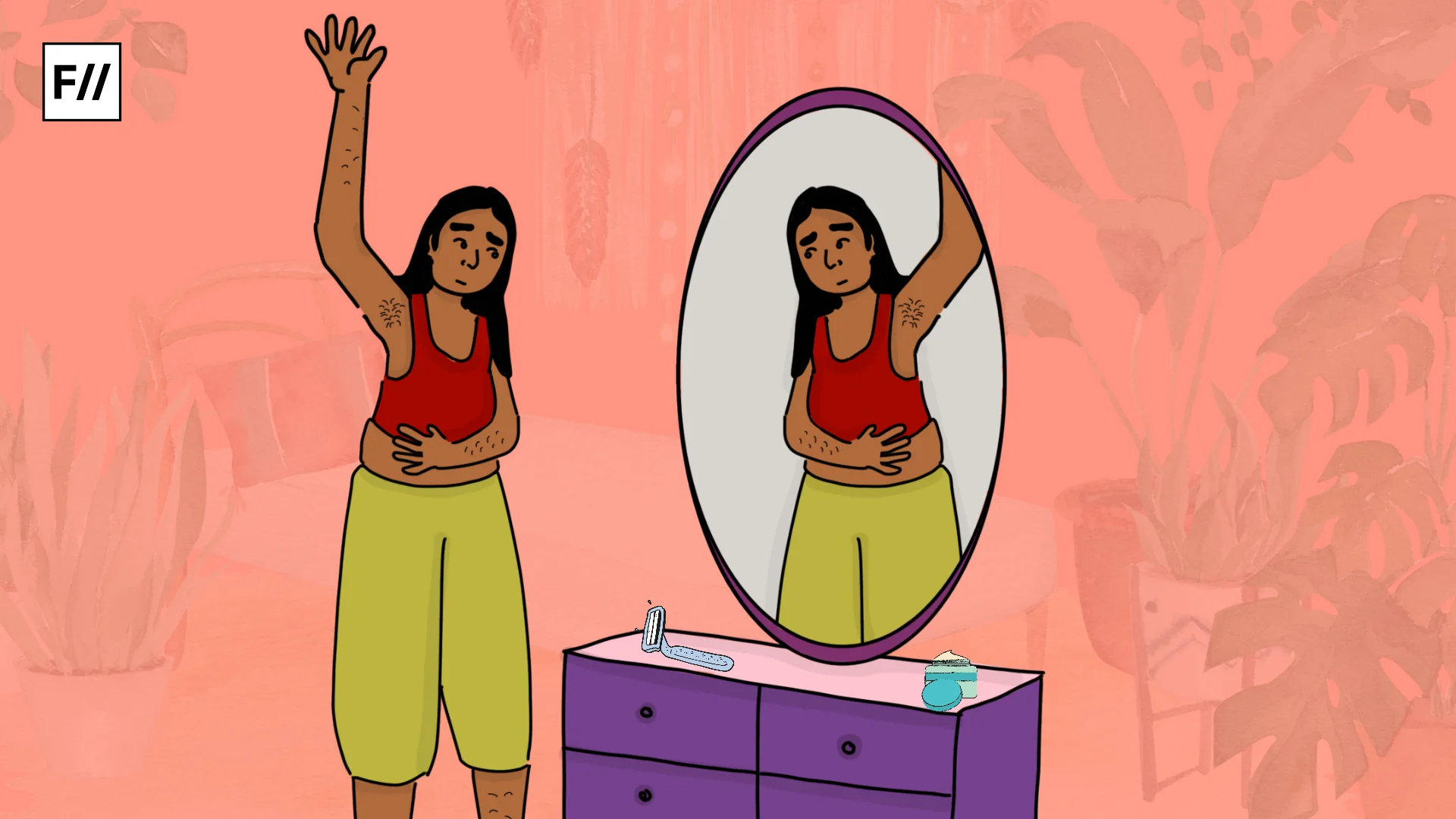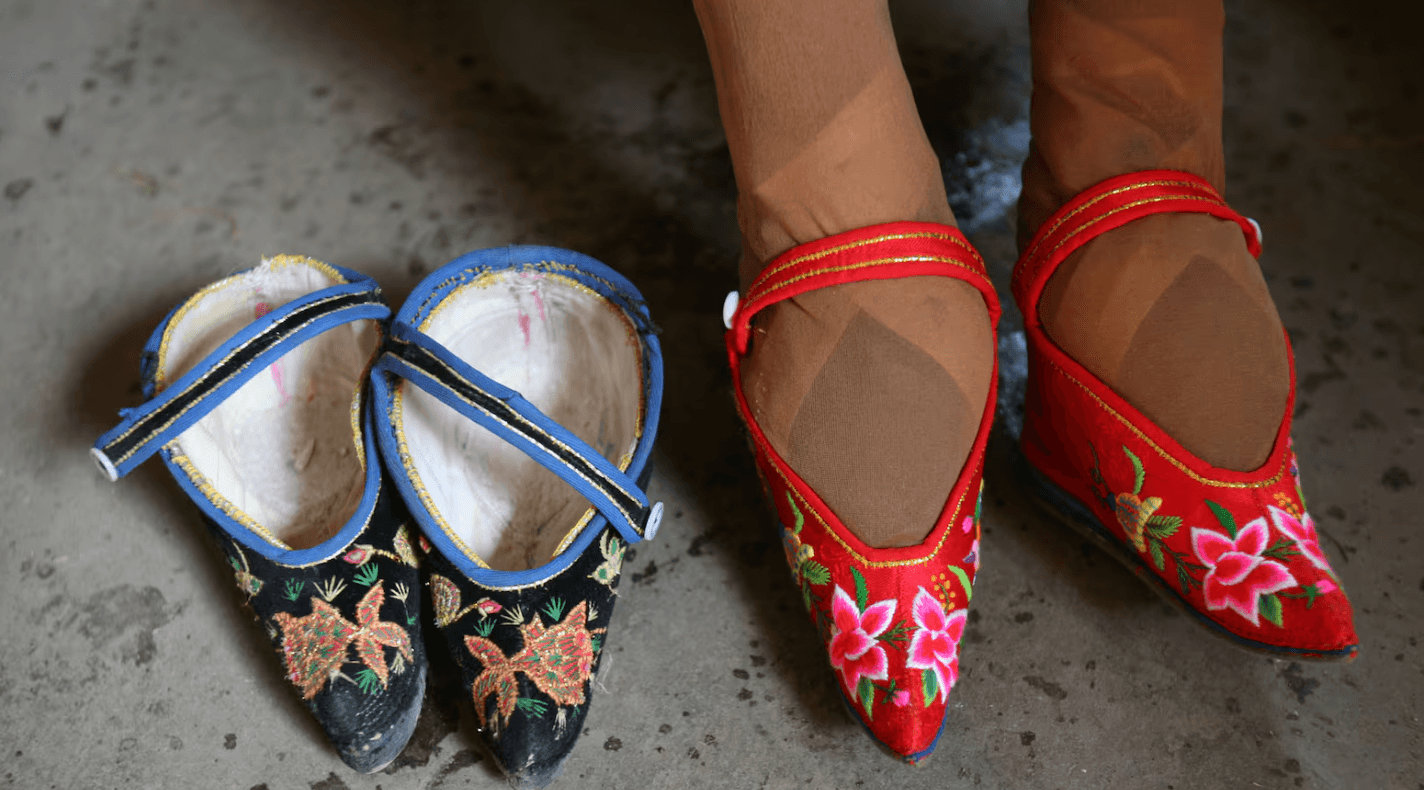For as long as I can remember, my mother has been overweight. She has grappled with being told that she is not conventionally good-looking and that no man will marry her from a very young age. It is not something that she has ever told me for which I am grateful, but it made me acutely aware of the way she inhabits her space.
One of her fears of being overweight, apart from health concerns, is how she would be perceived in public spaces. She was afraid of taking up TOO much space in a seat within public areas, always trying to make herself smaller, or how she would not fit in a chair in an aeroplane.
She would look at small seats with fear that only comes with conditioning that tells you over and over that “you are not normal, you should not look like this“. The effect of this is manifold and all extremely toxic. It causes a woman to not only physically strive to fit in this given public space but also mentally constrain themselves. They have to behave and speak in a certain, mostly docile way, in order to make up for the literal physical space they take up.
A woman must look at herself in light of the woman next to her or the women in the magazine and so on.
This kind of self-imposed restriction often never restricts itself to public spaces only. It translates into every manner of doing and being, where a woman who is not the conventional body type is expected to know her place in the hierarchy. If she doesn’t, she is given an undesirable label and is ousted from the situation.
You would think that women who are overweight would feel more comfortable in public spaces that are also inhabited by other women, of every shape and size. However, this isn’t always the case, because of the way patriarchy pits us against each other.
A woman must look at herself in light of the woman next to her or the women in the magazine and so on. This causes a sense of competitiveness that arises even in spaces that are supposed to be safe. You are constantly restraining yourself because you know that if you don’t, you won’t be taken seriously.
When I inhabit spaces around me, I am very conscious of how tall and broad I am. When I speak words that are unsavoury to the ego of the general public, I am seen as abrasive and loud.
Also Read: I’m That Fat Girl Wearing Shorts
My point is ignored, not for being outrageous (because asking for basic human rights is unthinkable), but because of how I look, speak, and how much space I take up. If I take up more space than considered the average, the words I say must be quiet and polite, almost the exact opposite of what I look like.
It makes me realise that the way I look is so important to how seriously I am taken. I could be saying the same point as the woman next to me and I am dismissed while she has convinced them wholeheartedly.
This isn’t her fault nor is it mine, it is the way our identities are constructed around the way we look, which affect how we behave with ourselves and other women in spaces that are deemed as not ours to claim. When women like Aditi Mittal, who are not considered to be of a ‘conventional body type’ inhabit their spaces unabashedly and unapologetically, without having to speak demurely to make up for the way they look, I am reminded of two things.
My point is ignored, not for being outrageous, but because of how I look, speak, and how much space I take up.
The first being that the space I am in is mine to inhabit. I am not to restrain myself because of the possible offence I could cause someone because of how I look and act. This causes the words I say to be more truthful and not contorted to align with the version of myself I am to maintain for the convenience of society.
The second is that comparing myself to other women in order to boost my ability to inhabit the space around me will not help me truly claim what is mine. Nor will it help the other woman claim hers If I am giving her a once down instead of meeting eyes and encouraging her in her journey to speak what she feels, without fear of restriction.
So remember the way you felt when someone body shamed you – when you give the woman in the metro opposite you a one up of her clothes and shoes, or when you are staring at the way someone is dressed at college or school because these are the ways that women restrict other women in public spaces. By shooting women down before they get the chance to speak eliminates entire conversations that perhaps could have been the crux of change.
Also Read: Deconstructing Fatphobia And Its Consequences
Featured Image Credit: Splinter
About the author(s)
I like reading and running away from Facebook arguments that make no sense.




